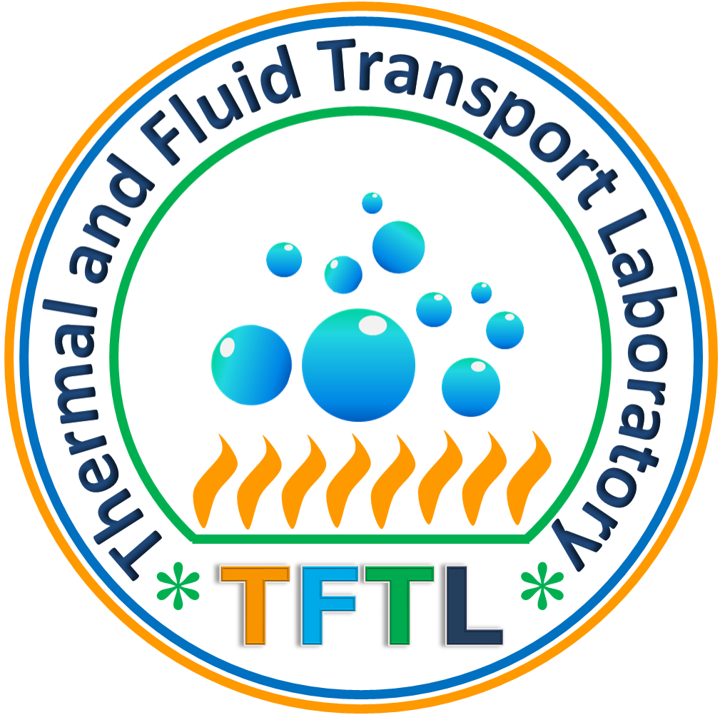Datasets & Code Repositories
Finetuned YAMNet for Boiling Regime Classification
Description: This codebase implements a transfer learning approach using YAMNet, a pretrained audio classification model originally trained on Google's AudioSet. In this adaptation, only the final two convolutional blocks of YAMNet are fine-tuned on boiling acoustic data, while the earlier layers remain frozen. This selective fine-tuning enables the model to retain its general audio feature extraction capabilities while adapting to the domain-specific characteristics of boiling phenomena. The code supports training, evaluation, and model interpretation for boiling regime classification.
Dataset for boiling acoustic emissions
Description: This dataset contains over 16,000 high-fidelity acoustic recordings acquired from carefully controlled pool boiling experiments under near-saturated conditions. Audio signals were captured using a high-sensitivity hydrophone setup and are labeled across four boiling regimes: background (BKG), nucleate boiling (NB), pre-critical heat flux (Pre-CHF), and transition boiling (TB). Each recording is annotated with heat flux and experimental conditions. The dataset also includes acoustic data from transient experiments with varying surface and fluid conditions. MATLAB® scripts used for preprocessing and classification are provided to support reproducible deep learning-based boiling regime prediction.
CNN Model for Robust Boiling Regime Classification and Crisis Prediction
Description: This code implements a convolutional neural network (CNN) trained on acoustic spectrograms obtained from steady-state near-saturated boiling experiments on plain copper surfaces. The model achieves 99.92% validation accuracy across background, nucleate, and transition boiling regimes. It is further evaluated on diverse experimental conditions, including time-varying heat inputs, nanostructured surfaces, and modified fluids (ionic liquid and surfactant), demonstrating high generalizability. The model also enables advance prediction of the boiling crisis, supporting preemptive mitigation of thermal runaway in boiling-based thermal systems.

